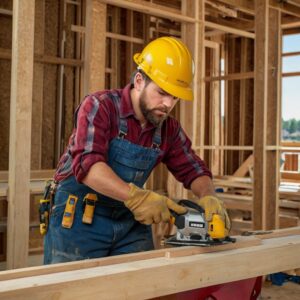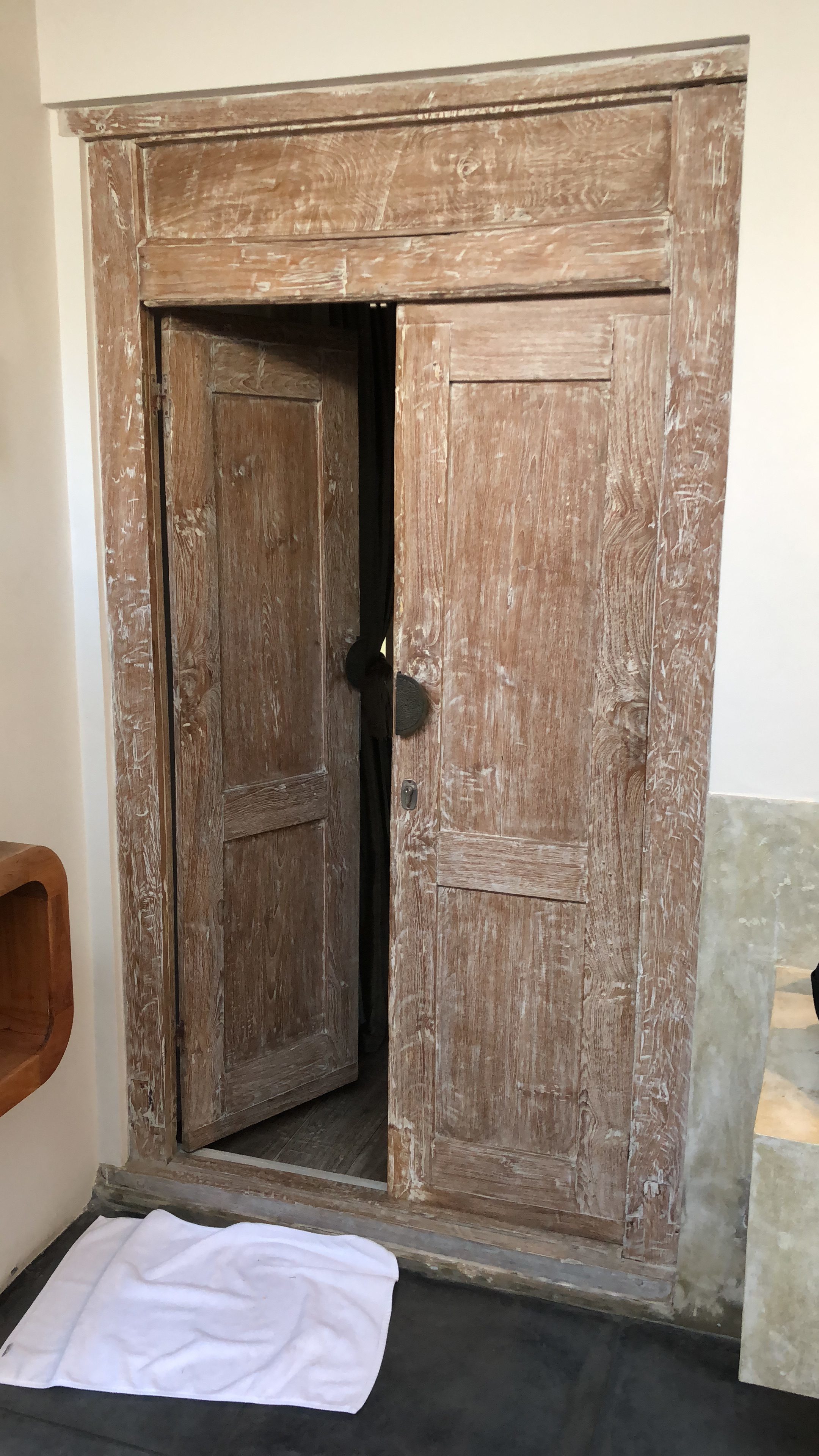13 skills all Carpenters should have
Carpenters have a range of skills, here are 13 skill all Carpenters should have:
- Reading Plans
- Mathematics
- Physical Strength and Stamina
- Precision and Attention to Detail
- Tool Proficiency
- Framing and Structural Work
- Finish Carpentry
- Problem-Solving
- Safety Awareness
- Knowledge of Building Codes and Regulations
- Communication and Teamwork
- Project Management
- Versatility and Adaptability
Here they are in more detail.
Reading Plans:
Carpenters must be able to read and interpret blueprints and technical drawings. This skill is crucial for understanding project specifications, dimensions, and construction plans.
Mathematics:
Carpenters use math to measure materials, calculate dimensions and angles, and determine project specifications. Basic arithmetic, algebra, geometry, and fractions are commonly used.
Physical Strength and Stamina:
Carpentry work often requires lifting heavy materials, standing for long periods, and performing physically demanding tasks. Good physical health and stamina are important.
Precision and Attention to Detail:
Accuracy is critical in carpentry to ensure structures are level, plumb, and square. Carpenters must pay close attention to details to avoid mistakes that could affect the integrity and appearance of the finished product.
Tool Proficiency:
Carpenters must be skilled in using a variety of hand tools (e.g., hammers, chisels, hand saws) and power tools (e.g., circular saws, drills, nail guns). Proper tool maintenance and safety practices are also essential.

Framing and Structural Work:
Framing is a key aspect of carpentry. Carpenters construct the framework of buildings, including walls, floors, and roofs, using techniques that ensure stability and durability.
Finish Carpentry:
This involves more detailed work, such as installing trim, molding, baseboards, and cabinetry. Finish carpenters focus on the aesthetic aspects of carpentry, ensuring a polished and refined appearance.
Problem-Solving:
Carpenters often encounter unexpected challenges on the job, such as material shortages, design changes, or structural issues. They need strong problem-solving skills to find effective solutions.
Safety Awareness:
Working safely is paramount in carpentry. Carpenters must follow safety protocols, use protective equipment, and be aware of potential hazards to prevent accidents and injuries.
Knowledge of Building Codes and Regulations:
Carpenters must be familiar with local building codes and regulations to ensure their work complies with legal and safety standards. This knowledge is essential for passing inspections and ensuring project approval.
Communication and Teamwork:
Carpenters often work as part of a larger construction team. Good communication skills are important for collaborating with other tradespeople, contractors, and clients to ensure the project progresses smoothly.
Project Management:
Experienced carpenters may take on supervisory roles, overseeing other workers, managing schedules, and coordinating materials and tasks to ensure timely project completion.
Versatility and Adaptability:
Carpenters often work on a variety of projects, from residential homes to commercial buildings. Being adaptable and able to handle different types of carpentry tasks is beneficial.
In summary, carpenters require a broad skill set that includes technical knowledge, physical ability, precision, and strong problem-solving and communication skills. These abilities enable them to successfully complete a wide range of construction and woodworking projects.


